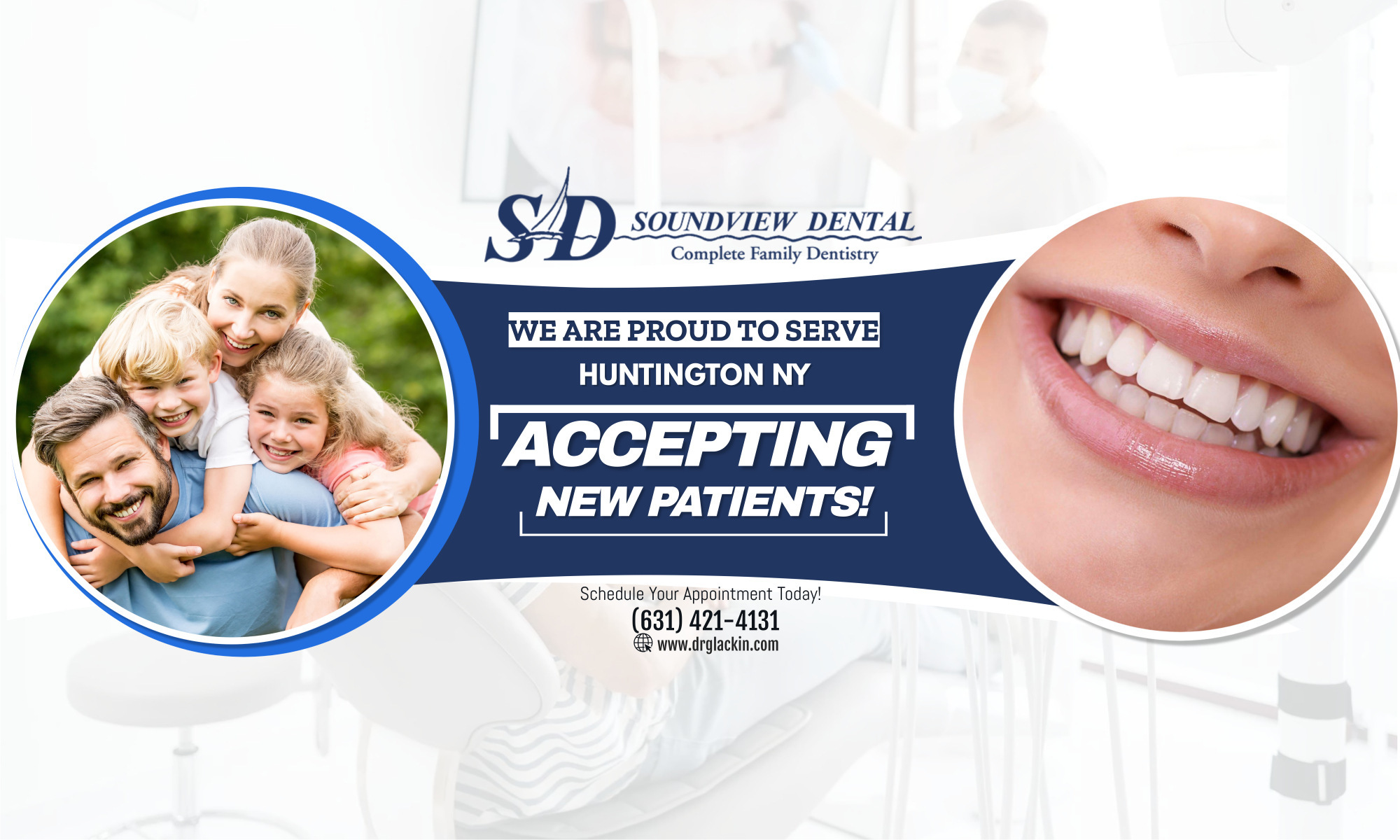When diabetes is not controlled properly, high glucose levels in saliva may create problems that lead to an increased risk of tooth decay.
Your teeth are covered with plaque, a sticky film of bacteria. After you eat food that contains sugars or starches, the bacteria react with these sugars to release acids that attack tooth enamel. This can cause the enamel to break down and may eventually result in cavities.
Brushing twice a day with fluoride toothpaste and cleaning between your teeth with floss or an interdental cleaner helps remove decay-causing plaque.
Plaque that is not removed can eventually harden into calculus, or tartar. When tartar collects above the gumline, it becomes more difficult to clean thoroughly between teeth. This can lead to chronic inflammation and infection in the mouth.
Because diabetes reduces the bodys resistance to infection, the gums are among the tissues likely to be affected.
Periodontal diseases are infections of the gum and bone that hold your teeth in place. Patients with inadequate blood sugar control appear to develop periodontal disease more often and more severely, and they lose more teeth than those who have good control of their diabetes.
Because of the lower resistance and longer healing process, periodontal diseases often appear to be more frequent and more severe among persons with diabetes.
You can help reduce these risks through good maintenance of blood sugar levels, a well-balanced diet, good oral care at home and regular dental checkups.
